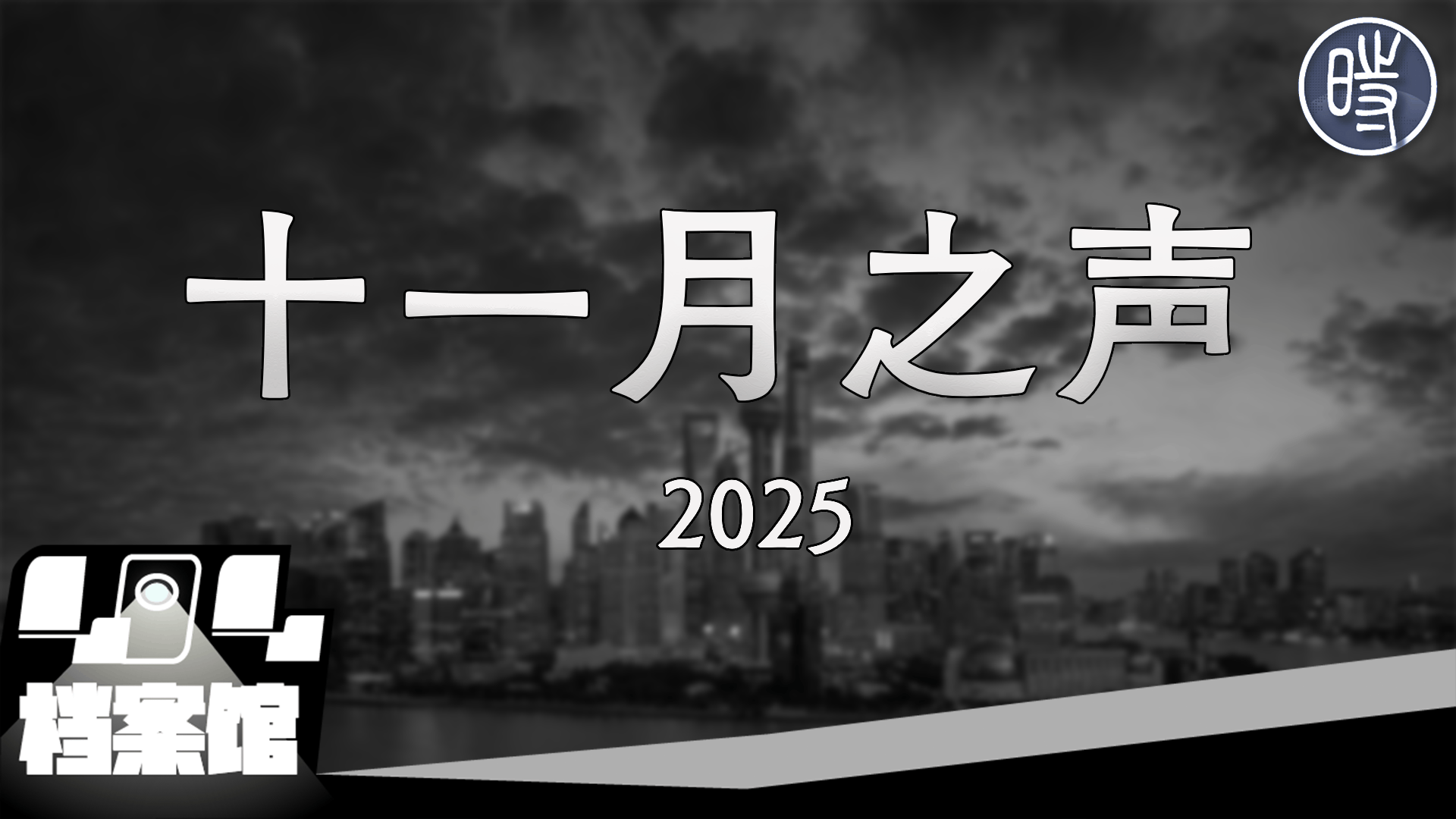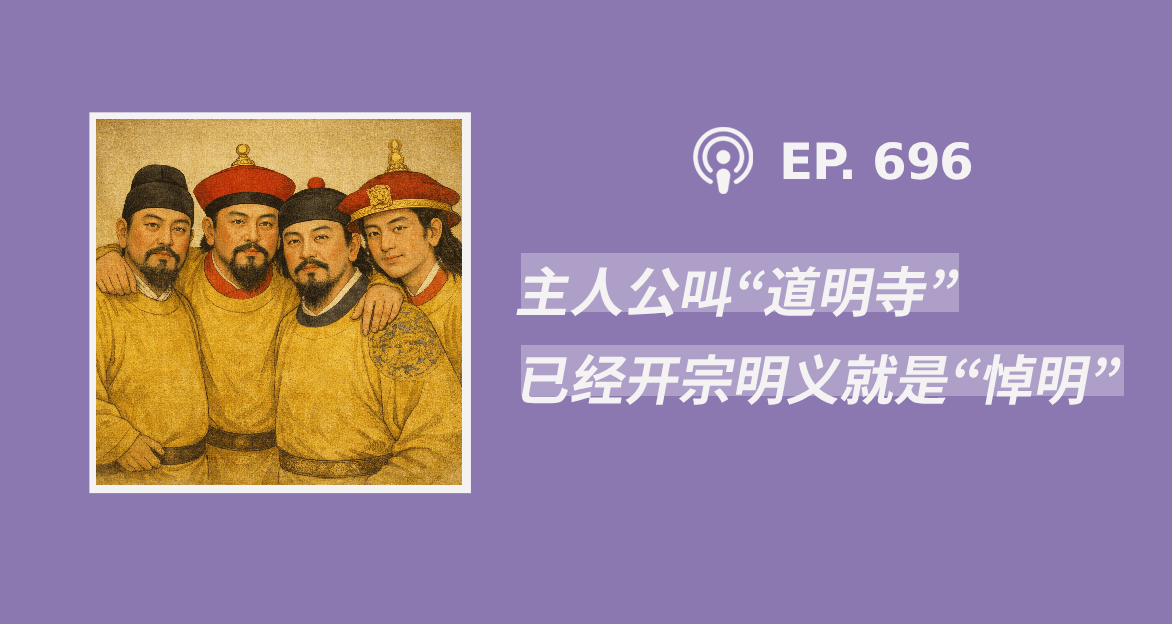ALONE of the five permanent members of the UN Security Council, China has yet to recognise the new government in Tripoli, a clue as to how the recent upheaval in the Arab world has put unusual stress on the country’s much-vaunted hands-off policy when it comes to others’ affairs. With growing economic interests and ever more citizens to worry about in far-flung regions, Chinese policymakers are tweaking their strategy. A more normal—that is to say, less reactive—big-power approach could be slowly in the making.
在五个联合国安理会常任理事国中,中国是唯一一个还没有承认的黎波里新政府的国家。这表明了最近阿拉伯世界的动乱给向来以不干涉他国内政自居的中国带来了多大的压力。面对着日益增长的经济利益和日渐增加的海外华人数量,中国的政策制定者正在慢慢地改变他们的对外方针。中国正悄无声息地转向一种真正的大国外交——更少采用见机行事的方法,而更多采取正常化的外交方针。
Rhetorically, the principle of “non-interference” remains sacred. On September 6th China issued a white paper on its “peaceful development” (ie, rise), its first on the topic since 2005, well before financial crisis crushed Western economic confidence and propelled China even more to the fore in international terms. The document said China still upheld the principle and that it respected the right of others to “independently choose their own social system and path of development”. Usually this has meant supporting whoever is in power no matter how thuggish or unpopular. In Libya, though, China wavered.
表面上,中国仍把“不干涉他国内政”方针放在神圣不可侵犯的地位。9月6日,中国国务院新闻办公室发表了《中国的和平发展》白皮书。“和平发展”或者说“和平崛起”早在2005年就成为了中国发展目标的重中之重。之后的金融危机摧毁了西方社会的信心,也进一步把中国推向了世界局势的前沿。中国这次的白皮书又再次声称中国坚持不干涉他国内政的方针,同时,中国尊重别国“独立选择自己社会体制和发展道路”的权利。通常情况下,这些方针的潜台词是支持当权者,无论他们是多凶暴、多么不得民心的当权者。然而利比亚的局势却让中国政府动摇了。
It could have done as it did in earlier Arab uprisings: wait on the sidelines and recognise the legitimacy of opposition movements only after dictators had fallen. But Libya presented an unusual combination of challenges for China. These included demand at home for prompt action to ensure the safety of more than 35,000 Chinese working in the country; widespread support among (China-friendly) Arab countries for tough action against Muammar Qaddafi; and economic interests in Libya that might be threatened by supporting the wrong side.
中国本可以像之前一样,对阿拉伯世界的大小动乱采取观望的态度:先坐视不管,等到反对派推翻了独裁者、赢得了胜利之后,再从容地承认他们的合法性。可利比亚的局势给中国出了一个非比寻常的难题。在国内,中国人民要求政府及时采取行动,保障在利比亚工作的35000名中国人的人身安全。在与中国保持了友好关系的其他阿拉伯国家中,对卡扎菲采取强硬态度也获得了广泛的支持。同时,如果中国表错了态,在利比亚的经济利益很可能受到威胁。
China’s response at the start of the year to the upheaval in Egypt was typical of the old style. The state-owned media were quick to portray Cairo’s anti-government demonstrators as lawless troublemakers and played down their impact. The Communist Party did not want citizens at home to get any ideas. After President Hosni Mubarak’s resignation in February, and with calls for a Chinese “jasmine revolution” circulating on the internet, many police were deployed in the centres of big cities to prevent any copycat unrest. China appeared defensive and insecure.
在年初,中国对埃及暴乱的反应就之前一贯的风格可谓是中规中矩。国家媒体以迅雷不及掩耳之势将开罗的反政府示威者描绘成了非法的惹是生非者,并轻描淡写了他们造成的影响。中国共产党不想让中国人民有一丝邪念。随着穆巴拉克在二月的辞职,加之中国互联网上风传的类似革命的言论,警方在大城市的重要地区都调动了大量警力以防不测。中国表现出了自卫性和没有安全感的一面。
But its approach to the Libyan unrest proved somewhat different. First came its decision to vote in favour of UN sanctions against Colonel Qaddafi. Then it mounted a big operation to fly out its citizens on chartered flights and four military aircraft (China also sent a frigate from its duties off the Horn of Africa to provide protection for vessels transporting refugees across the Mediterranean). The official media called this the largest such operation China had mounted abroad since the Communist takeover in 1949. In a recent paper, the European Council on Foreign Relations, a think-tank, said these moves seemed to reflect China’s realisation that a posture of non-interference was “increasingly at odds with its global economic presence”.
但在利比亚问题上,中国的反应却大相径庭。首先,中国在联合国制裁卡扎菲的决议上投了赞成票。之后,为将在利比亚的中国人运送回国,中国政府又大动干戈专门包机,甚至动用了四架军用飞机。此外,中国还调遣了一艘护卫舰去非洲角,为穿越地中海运送难民的船只保驾护航。官方媒体声称这是新中国成立以来中国规模最大的海外营救行动。智囊团欧洲对外关系委员会(the European Council on Foreign Relations)也分析到,这些行动反映了中国的觉醒:不干涉他国内政的外交政策已经逐渐开始和中国在全球范围内的经济利益背道而驰了(而中国在两者之间会选择后者)。
In March China retreated somewhat by abstaining in the vote on the UN Security Council resolution that authorised “all necessary measures” to protect civilians in Libya. But it knew what the outcome would be: a NATO-led operation (the very words fill Chinese nationalists with anti-imperialist loathing) aimed at hastening Colonel Qaddafi’s downfall. To protect itself from the nationalists’ venom, the Chinese government condemned the NATO air strikes and avoided any hint of support for the rebels’ cause.
三月,中国略显退却的势头。在联合国安理会为保护利比亚平民而批准“一切必要手段”的决议上,中国投了弃权票。但是中国政府清楚地知道,这个选择并不会改变卡扎菲的加速倒台。唯一的区别是,这下领导者由联合国变为了北大西洋公约组织(一个倾注了中国种族主义者对帝国主义仇恨的词语)。中国政府为了平息种族主义者的怒火,对北约的空袭表示了谴责,但同时也避免了任何支持反对派的言论。
But then in June the government dipped its toes into the conflict, first by meeting the rebels in Qatar and then by sending a diplomat to meet them in Benghazi itself (ostensibly to discuss the humanitarian situation and the security of Chinese businesses). In late June a senior official of the rebels’ National Transitional Council (NTC) held talks in Beijing with China’s foreign minister, Yang Jiechi. This was followed in July by another visit to Benghazi by a senior Chinese diplomat. Although China has not officially recognised the NTC’s late-August assumption of power in Tripoli, on September 1st it sent a deputy foreign minister to the Paris summit on Libya, where he met the NTC’s chairman, Mahmoud Jibril.
但是六月份,中国政府又改变了态度,重新加入到了利比亚冲突中去。首先,中国政府派人与反对派在卡塔尔进行了会谈。然后,一位中国的外交官又被直接派遣去了班加西,与反对派大张旗鼓地谈起了人道主义情况与中国在利比亚企业的安全问题。六月底,中国外交部长杨洁篪与一位反对派“全国过渡委员会”的高级官员在北京进行了会谈。七月份,中国的一位高级外交官又马不停蹄地前往了班加西。虽然在八月底,中国没有正式地承认“全国过渡委员会”在的黎波里的权力地位,但在九月一日关于利比亚的巴黎峰会上,中国派遣了一名外交部发言人会见了反对派的主席贾利勒。
Yet China did not abandon Colonel Qaddafi. In June it received his foreign minister in Beijing. This week it confirmed that his representatives had also visited Beijing in July on a weapons-buying mission (reports of this having appeared in a Canadian newspaper based on documents found in Tripoli). China’s foreign ministry denied, however, that any arms were shipped and said the visit took place without the government’s knowledge. NTC officials say they believe some countries including China supplied weapons to Colonel Qaddafi’s government after the Security Council’s approval in February of a ban on such assistance.
但是,中国并没有抛弃卡扎菲。六月,卡扎菲的外交部长在北京受到了接见。加拿大的一家报纸还曾透露,根据的黎波里发现的文件,卡扎菲政权代表曾在七月赴北京参与商讨军火交易。这条消息在这周得到了证实。中国外交部却否认了这点,声称中国方面没有运送任何军火去利比亚,卡扎菲政府代表对北京的访问官方也不知情。利比亚反对派则声称,他们相信在二月份联合国安理会明令禁止了对利军事援助之后,包括中国在内的一些国家曾继续向卡扎菲提供了军火。
Now China worries that Libya’s new authorities will make it pay for its support for the old regime by discriminating against it in business deals, including potentially lucrative ones related to the oil industry. During Colonel Qaddafi’s rule, China had big interests in Libya’s economy. Chinese media say it was involved in projects worth more than $18 billion when the conflict broke out, mostly in construction. Libyan oil last year accounted for just 3% of China’s crude imports, but Chinese oil companies are keen to get bigger stakes.
现在让中国担心的正是利比亚的新政权是否会因为中国支持过卡扎菲而和中国秋后算账,在石油等一些利润丰厚的商业项目上掣肘。在卡扎菲当政期间,中国在利比亚有庞大的经济利益。据中国媒体报道,在战乱爆发之前,中国在利比亚的项目(大部分为建筑项目)涉及金额高达180多亿美元。虽然利比亚仅占中国进口原油的3%,但中国的石油公司热切地希望这一数字得到提升。
A need for oil and other resources greatly shapes Chinese foreign policy in Africa. Having long supported the government of Sudan (a big supplier of oil) in its fight against secessionist rebels, China eventually swung into line with Western governments. It was quick to recognise oil-rich South Sudan when it seceded in July, having sent observers to monitor its referendum on independence.
对石油和其他自然资源的需求在很大程度上决定了中国在非洲的对外政策。在大型石油输出国苏丹,政府在打击分裂派反政府组织时曾长期受到中国的支持。然而最终中国却与西方政府站在了一边。在七月,石油富足的南苏丹成功分裂之后,中国迅速承认了它的政权,并派人密切关注南苏丹的独立公投。
China will remain extremely cautious, however. It does not want to send signals at home that rebellion can ever be justified. Despite the police crackdown earlier this year, which involved a sweeping round-up of dissidents, occasional articles still appear online and even in the official media urging the government to learn lessons from the Arab world’s upheavals. Before the authorities rushed to delete it, a Shanghai newspaper managed to publish a commentary on its website giving warning that unless it “gradually but resolutely” gave its people more political choice, every developing country faced the same “nightmare” of violent upheaval.
无论如何,中国将保持极其高度的谨慎。中国不想在国内散播任何让反动成为合法化的信号。然而,虽然中国警方在年初大肆镇压持不同政见者,但网络、甚至是官方媒体上都零星地出现了敦促政府从阿拉伯世界的叛乱中学习经验教训的文章。一家上海报纸赶在官方和谐之前在他们的网站上发表了一篇评论。他们警告说:除非政府能“逐渐但坚定地”为中国人民提供更多的政治选择,每个发展中国家都会面临同样动乱的“噩梦”。
本文由自动聚合程序取自网络,内容和观点不代表数字时代立场














